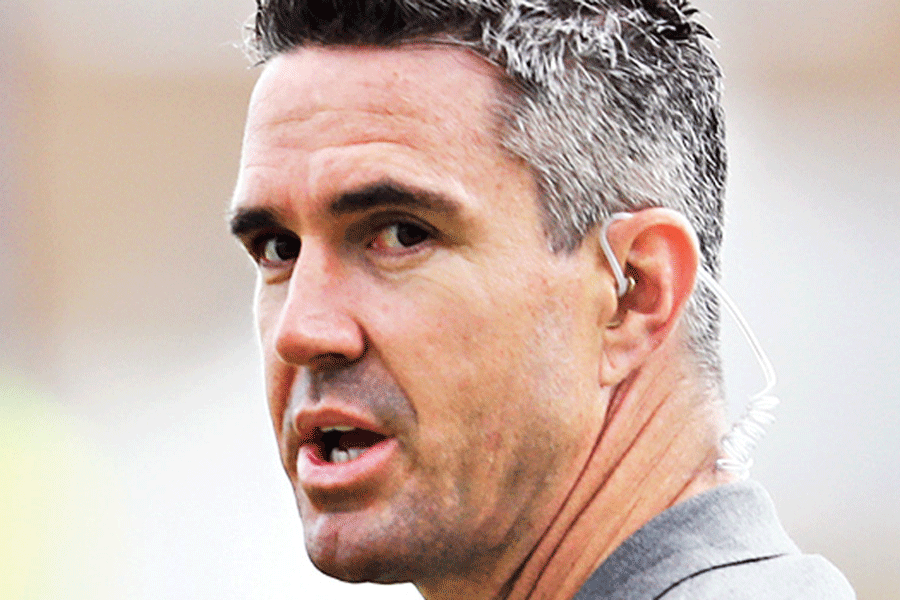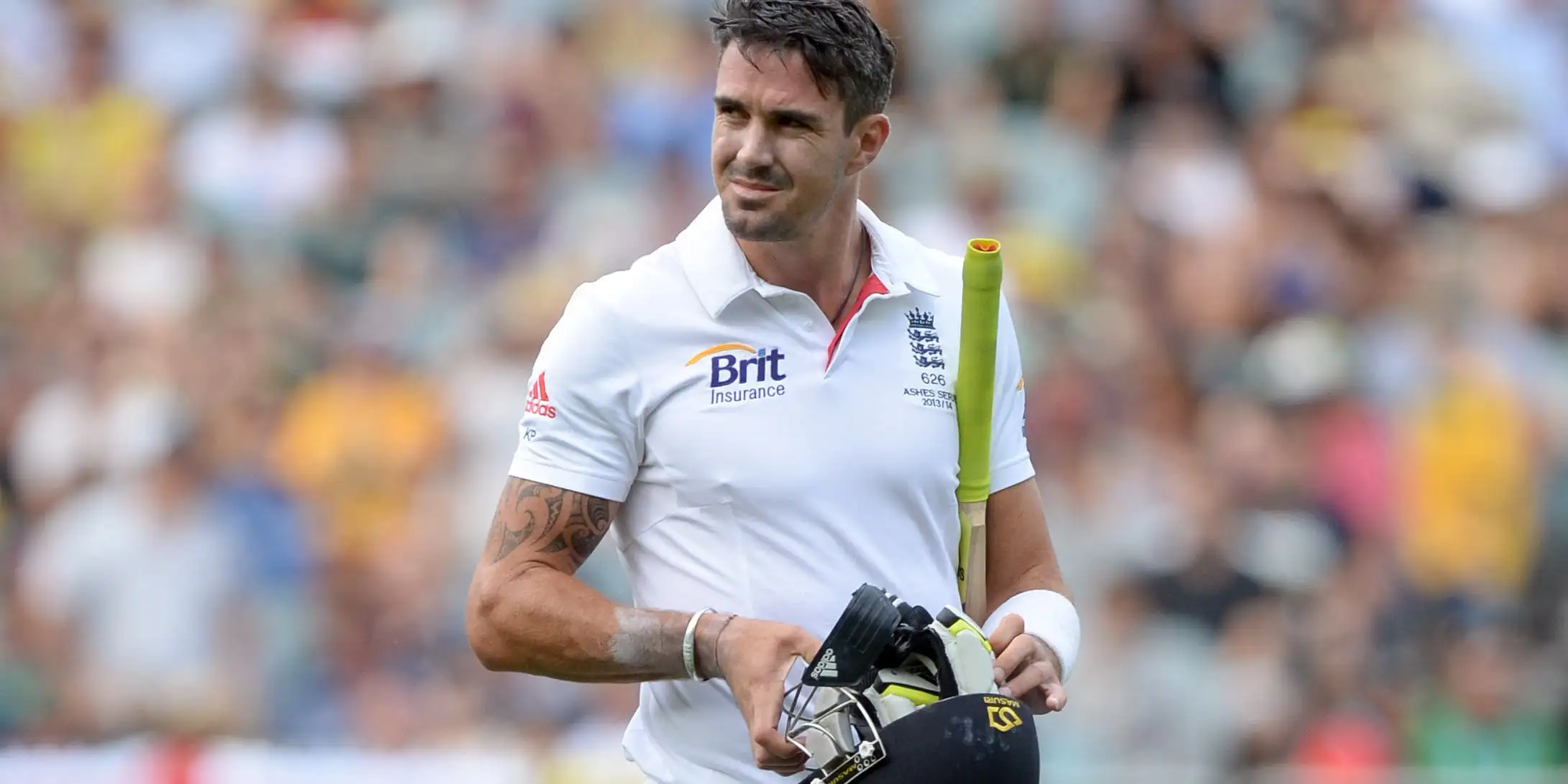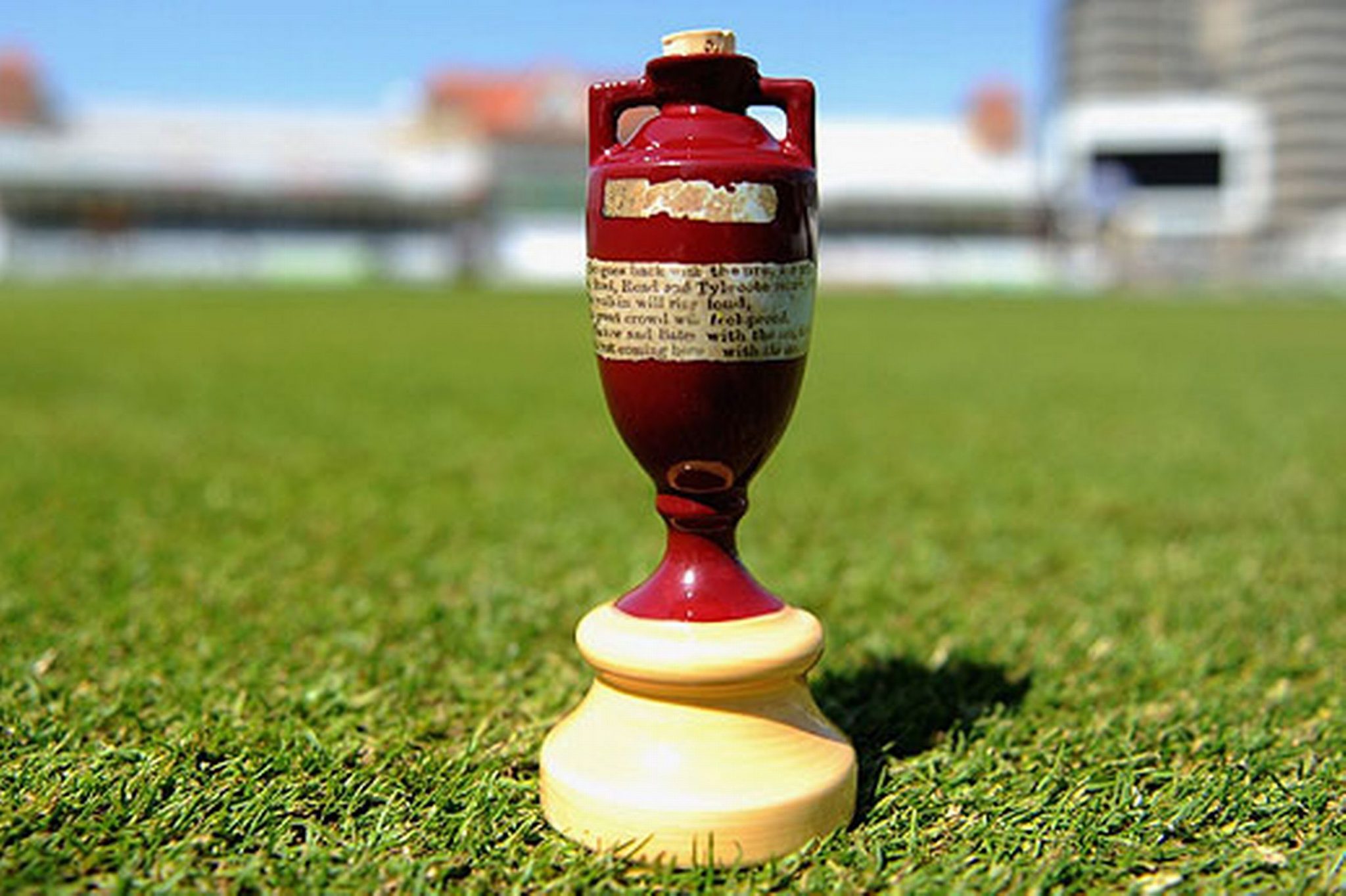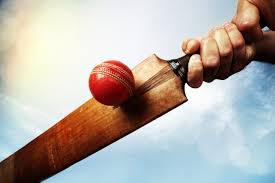The next chapter in the Kevin Pietersen autobiography is Pietersen and his disillusionment.
At this point, PIETERSEN had fallen out with everybody, the team, the coach and the ECB. He was left out of the England squad for the tour of India. He was also denied the central contract and dropped from the T20 World Cup squad despite making himself available for all the 3 formats. However, he went to Sri Lanka for the T20 World Cup as a commentator which the ECB tried their best to block. Giles Clarke, the ECB chairman wanted Pietersen to be in the team to India because the series was huge by any standard. A series loss would have meant personal for Clarke. Inorder to avoid that he needed to sell it to Andy Flower who was adamant not to include KP. Now, KP had to be reintegrated.
Flower had one condition. KP must talk to every player individually and explain himself. Actually, he must beg for their forgiveness which KP disliked but since playing for England was close to his heart, he agreed to do that. The Champions League was underway in South Africa where Pietersen was playing for the Delhi Daredevils. He flew to England and then back to South Africa all within 3 days. In the meantime, he met the players, the coach and the captain, Cook at a hotel in Oxford.
The meeting
The first meeting was with Andy Flower to whom KP asked some pertinent questions like the James Taylor leak and asked him how can he trust him again. Flower did not answer. Afterwards, Flower would fetch the players one-by-one to whom KP had to apologise. KP took all of that in his stride for his burning desire of playing for England again. Pietersen wondered whether anyone else would think about the reasons for the breakdown in relations. Whether Flower did anything to condone the person who was behind the parody Twitter account. He just could not fathom the irony of it all. Others who had tweeted and re-tweeted from his parody account, Swann describing him as a horrible captain etc, going scot-free whereas he had to sit through a humiliation.
He had one satisfaction in the end, of beating Andy Flower in his own game. KP thought that Flower would have hoped that KP would not come over from South Africa and put himself through such horrendous process but the fact that KP turned up and went through the annihilation without saying anything must have made Flower sad. Another instance that KP narrates was that he went to the house of Strauss to apologise to him personally after Strauss played his last game. He was sincere in his efforts and apologised to Strauss for marring his final Test and that he never mentioned anything to the South Africans about his batting but must have supported him because Strauss was the captain. He also apologised to his wife.
The reintegration
The reintegration process started and KP was back in the team for the tour to India. He did whatever was asked without sulking. The onething he hated was team meetings where the same things were said again and again. On the tour to India, Flower asked KP to meet him once a week to ensure that they were insync. KP wanted these sessions to be more than just going through the motions. It is not that KP never found Flower useful. Infact, he has dedicated an entire paragraph going into how Flower helped him improve his technique when he was scoring 50s and 60s. Flower used to point to the innings that KP played against Australia in 2006 and suggested improvements. Now, though, Flower was caught up in a power struggle and things went downhill.
Anyway, back at Oxford, KP did not meet with Broad. Now, he met him in Mumbai and immediately confronted him about the Twitter page. Broad was evasive and said that he didn’t have any idea until later in the series. Piers Morgan, a good friend of Pietersen, pieced together the entire Tweets and found that it originated at Broad’s house one evening while Broad was there. Kevin wanted to put an end to everything and start afresh which he did. When Cook first took over, he wanted to put an end to all the internal bullying. Prior, Swann & Broad would shout at the fielders whenever there was a misfield. Prior was the worst of them. It stopped for a time being but crept up again in India.
Wrapping up Pietersen and his disillusionment
KP confronted Prior during the series but it did not make things better. Prior became the vice-captain after Broad left the tour because of an injury and it went to his head. He just wouldn’t change. The Indian tour was a success from both a personal point of view and the team’s point of view. That one innings at Mumbai will be spoken forever by those who have seen that innings. After the series, Prior tweeted with a picture of KP, “reintegration complete. Well played”. Prior also told the Daily Mail that it was his phone call to Pietersen that paved the way for reintegration. He also said that during such a tough tour as India, Kev knew where to go and in which restaurants to eat. These small things are vital during such tours. Kevin however realised that the calm before the storm erupts.
Autobiography
https://icricketcritique.com/kevin-pietersen-and-the-meeting/
https://icricketcritique.com/kevin-pietersen-captaincy-and-moores/
https://icricketcritique.com/pietersen-and-his-early-life/
https://icricketcritique.com/pietersen-and-the-ipl/
https://icricketcritique.com/pietersen-and-rahul-dravid/
https://icricketcritique.com/pietersen-and-county-cricket/
https://icricketcritique.com/pietersen-and-the-big-cheese/
https://icricketcritique.com/pietersen-and-controversies/
https://icricketcritique.com/pietersen-and-the-textgate/
https://icricketcritique.com/pietersen-and-his-disillusionment/
https://icricketcritique.com/pietersen-and-confronting-abuse/
https://icricketcritique.com/pietersen-and-the-final-breakdown/
https://icricketcritique.com/pietersen-and-the-final-chapter/



